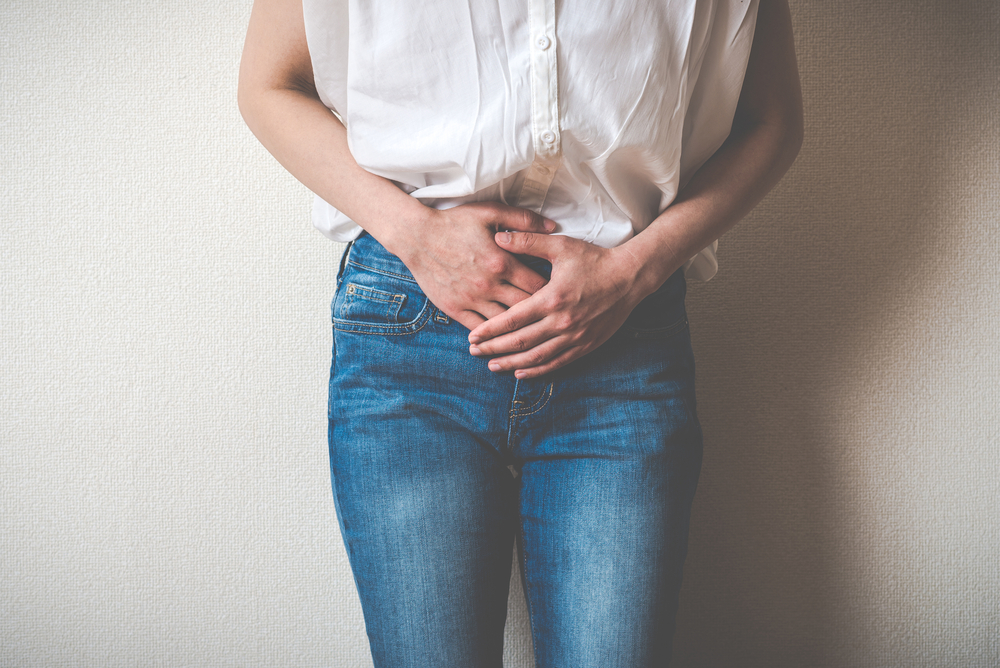Polycystic ovarian syndrome (PCOS) is a common cause of infertility in females. If you have it, it’s important to determine what is causing it, as each case is different. Although there is no absolute cure, the symptoms of PCOS can be treated. But what actually is it?
What is PCOS?
PCOS is an imbalance of hormones that leads to many miniature ovarian cysts. During the ovulation cycle of a woman who has PCOS, the eggs that begin to develop never actually mature enough to prompt ovulation, so they are therefore never released from the ovary. Each of the immature follicles containing an immature egg releases hormones which, cumulatively, cause the ovary to become polycystic.
Women who have PCOS may have irregular periods because they are not ovulating properly. Therefore, treatment for infertility caused by PCOS tends to begin, first and foremost, with an attempt to get the patient to ovulate. This process is often referred to as “ovulation induction” and involves medication. As well as irregular periods, another symptom of PCOS is excess androgen which is a male hormone that might cause physical changes such as skin conditions, weight gain or growth of facial or body hair.
If you have PCOS, the signs and symptoms might not become apparent until your late teens or even your twenties. In many cases there are no obvious external signs of having PCOS. The cause of PCOS is not clear; however, it often runs in families and is related to abnormal levels of insulin in the body.
What are the treatments for PCOS?
As previously mentioned, there’s unfortunately no cure for PCOS. However, with the right treatment, most women with PCOS are able to get pregnant. This depends on the age of the patient, the type of medication used and whether or not there are any other fertility issues present in the couple.
The least complicated medication is to take clomiphene citrate or letrozole tablets. They tend to be the first line of treatment and are used to induce ovulation. For women who do not ovulate after taking clomiphene, the next step has traditionally been to use injectable gonadotropins for 1-2 weeks, as a means to stimulate mature follicular development. It is important with any of these treatments that progress is reviewed with transvaginal ultrasound scans, as an overreaction to the medications could cause multiple eggs to mature, resulting in turn in a multiple pregnancy, which can be dangerous for both mother and babies.
When all of the above options fail, many women turn to IVF, which has excellent success rates in cases where fertility is affected by PCOS. No treatment is necessarily better than the other, but dependent on the patient and their needs. If you would like to find out more about PCOS or IVF, you can contact us and a member of our team will be able to give you the appropriate advice.

